Our mission is to improve the economic well-being and quality of life for all North Carolinians. To do that, the North Carolina Department of Commerce works closely with local, regional, national and international organizations to propel economic, community and workforce development for the state. NCcareers is sponsored by two Commerce divisions – the Division of Workforce Solutions (DWS) and the Labor & Economic Analysis Division (LEAD).
DWS helps people in North Carolina find jobs through the administration of a statewide system of workforce programs. The Division offers services for adults, veterans, youth, and more; and helps employers find the qualified talent they need to make their businesses thrive.
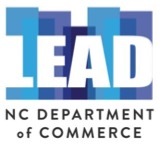
LEAD collects data, conducts research and analysis and publishes reports about the state’s economy and labor market. Information and data produced by LEAD help stakeholders make more informed decisions on business recruitment, education and workforce policies and career development, as well as gain a more extensive view of North Carolina’s economy.
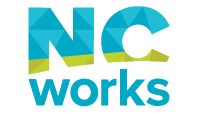
At the Division of Workforce Solutions, our mission is simple:
We help people in North Carolina find jobs.
To accomplish that, we administer a statewide system of workforce programs that prepare North Carolinians for employment.
We offer services for adults, veterans, youth, and more. We help employers find the qualified talent they need to make their businesses thrive. To maintain the quality of all those services, we train our state's workforce professionals.
We operate NCWorks Online, the state’s official job-search portal that is helping connect talented individuals with employers.
We also support the work of the NCWorks Commission.
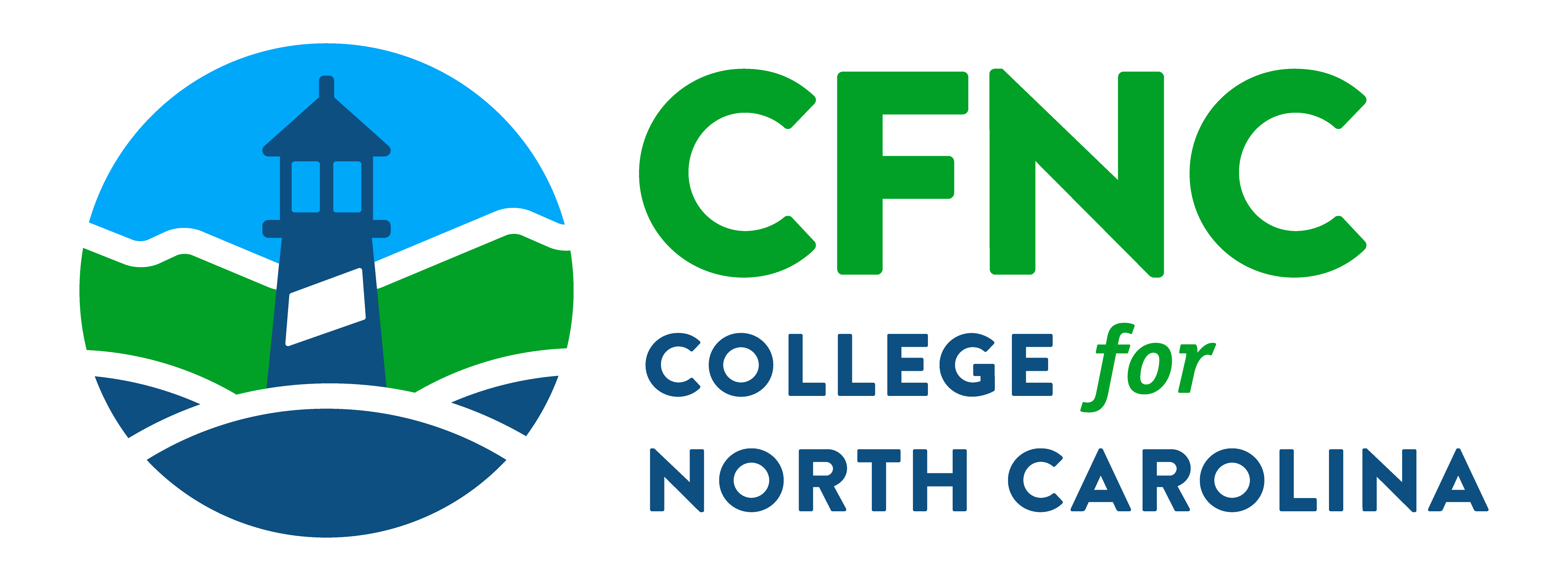
College for North Carolina (CFNC) is a free service of the State of North Carolina provided by a collaboration of Pathways (the N.C. Department of Public Instruction, the N.C. Community College System, the N.C. Independent Colleges and Universities and The University of North Carolina System), the North Carolina State Education Assistance Authority, and College Foundation, Inc. CFNC promotes access to North Carolina higher education and assists students with education planning, career planning, and applying and paying for college
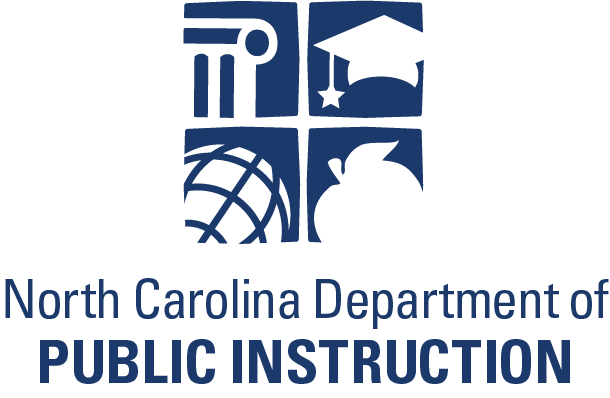
The North Carolina Department of Public Instruction (NCDPI) envisions a North Carolina where every public school student will graduate ready for post secondary education and work, prepared to be a globally engaged and productive citizen. In that pursuit, NCDPI is s charged with implementing the state's public school laws for pre-kindergarten through 12th grade public schools at the direction of the State Board of Education and the Superintendent of Public Instruction.
The agency provides leadership and service to the 116 local public school districts and 2,500+ district public schools, 180+ charter schools, and the three residential schools for students with hearing and visual impairments. The areas of support include curriculum and instruction, accountability, finance, teacher and administrator preparation and licensing, professional development and school business support and operations.
The University of North Carolina is a public, multi-campus university dedicated to the service of North Carolina and its people. It encompasses the 17 diverse constituent institutions and other educational, research, and public service organizations. Each shares in the overall mission to discover, create, transmit, and apply knowledge to address the needs of individuals and society.
This mission is accomplished through instruction, which communicates the knowledge and values and imparts the skills necessary for individuals to lead responsible, productive, and personally satisfying lives; through research, scholarship, and creative activities, which advance knowledge and enhance the educational process; and through public service, which contributes to the solution of societal problems and enriches the quality of life in the state.
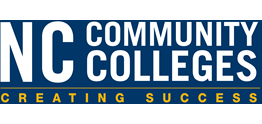
The mission of the North Carolina Community College System is to open the door to high-quality, accessible educational opportunities that minimize barriers to post-secondary education, maximize student success, develop a globally and multi-culturally competent workforce, and improve the lives and well-being of individuals by providing:
1. Education, training and retraining for the workforce including basic skills and literacy education, occupational and pre-baccalaureate programs.
2. Support for economic development through services to and in partnership with business and industry and in collaboration with the University of North Carolina System and private colleges and universities.
3. Services to communities and individuals which improve the quality of life.
The Department of Health and Human Services manages the delivery of health- and human-related services for all North Carolinians, especially our most vulnerable citizens – children, elderly, disabled and low-income families. The Department works closely with health care professionals, community leaders and advocacy groups; local, state and federal entities; and many other stakeholders to make this happen.

NCICU, or North Carolina Independent Colleges and Universities, is comprised of the state’s 36 private, nonprofit liberal arts, research, and comprehensive colleges and universities accredited by the Commission on Colleges of the Southern Association of Colleges and Schools (SACS). NCICU’s board of directors is comprised of the presidents of each of the 36 institutions and the president of NCICU serves on the Governor’s North Carolina Education Cabinet.
NCICU represents independent higher education in matters of state and federal public policy, in addition to being an advocate on issues with other sectors of education in the state.
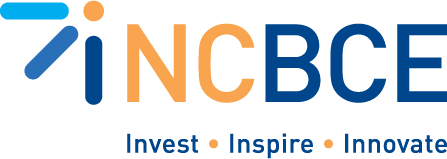
The North Carolina Business Committee for Education (NCBCE) is a business-led, education non-profit 501(c)(3) that operates out of the Office of the Governor. Since 1983, we have provided a critical link between North Carolina business leaders and the state’s education decision makers, helping to create connections between the education curriculum and the overall work readiness of citizens across the state.
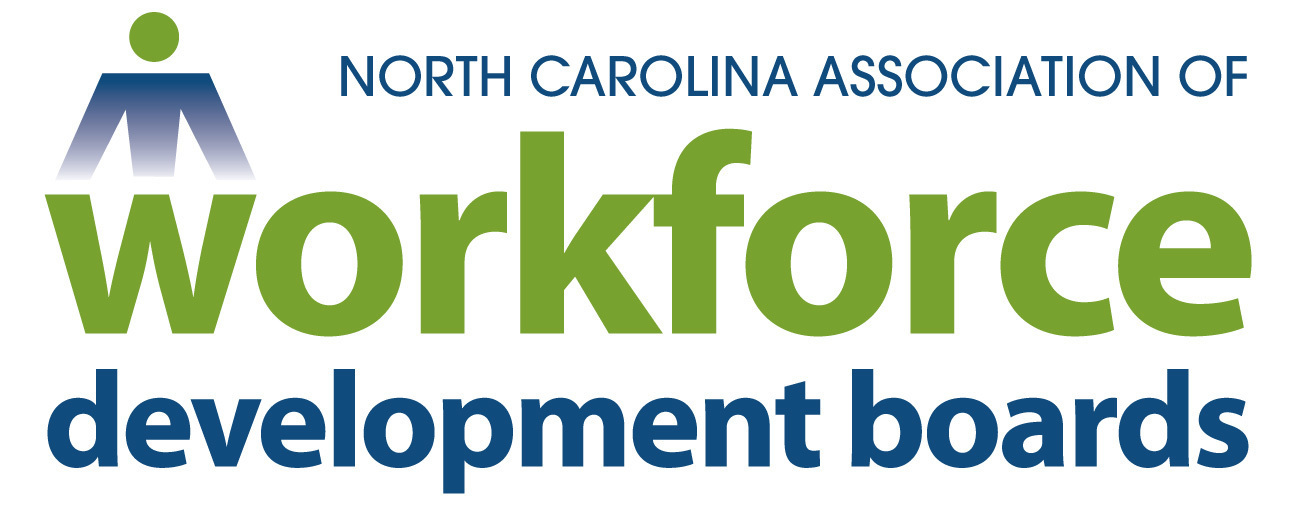
As the voice for workforce development in North Carolina, we work collectively to plan, coordinate, oversee, and deliver workforce solutions through the NCWorks system. Our Boards help more people and businesses across the state gain access to programs and services that make North Carolina one of the most skilled, productive, and motivated workforce systems in the nation.
Local Workforce Development Boards are the conveners of the workforce system on a local level in the state of North Carolina. They are business-led and supported by local elected officials. The Boards are charged with bringing together industry, education, labor, community, government, and other stakeholders in workforce to develop demand-driven strategies connected to regional economies and labor markets. They oversee local NCWorks Career Centers in partnership with the NCWorks Commission and Division of Workforce Solutions to deliver workforce solutions, assist job seekers with improving their skills and finding jobs, and help businesses develop a qualified workforce.
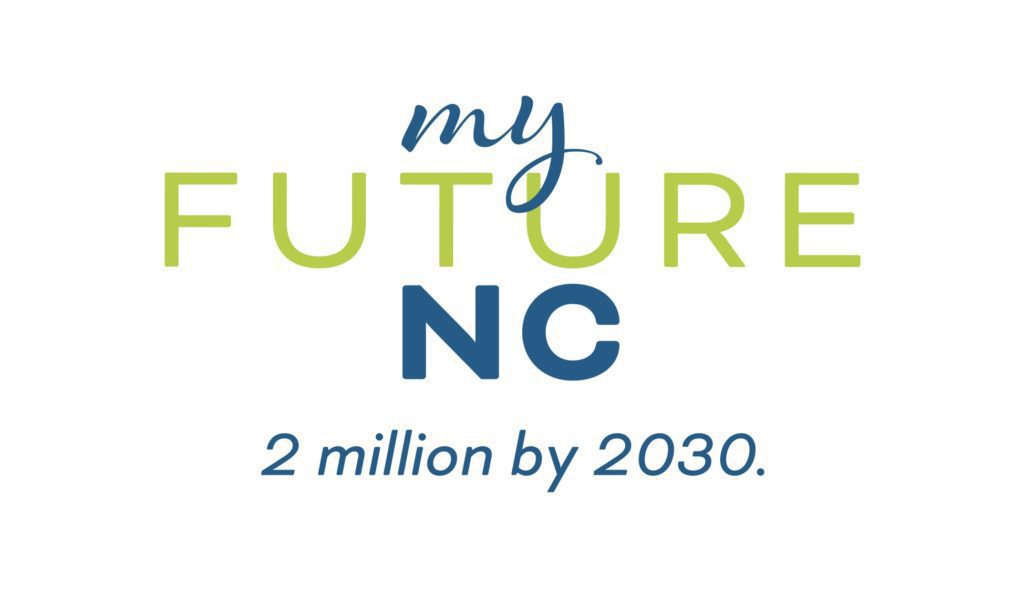
myFutureNC is championing a shared vision for education attainment and collaborating with communities to create real opportunity for all North Carolinians through an aligned, comprehensive system for learning beyond high school. A statewide nonprofit, myFutureNC is the only organization in North Carolina focused on early education all the way to the workforce continuum. It is the result of cross-sector collaboration between North Carolina leaders in education, business and government, to champion the State goal to have 2 million North Carolinians ages 25-44 to hold a high-quality credential or postsecondary degree by the year 2030. With an urgent and growing need for talent, a degree or credential is key to increasing economic opportunity and social mobility. myFutureNC is working across sectors and in communities throughout the state to close gaps in the education pathway from early childhood through postsecondary. myFutureNC is reporting on data and benchmarks to measure progress toward the goal, and highlighting key opportunities for improvement to guide the state in alignment between educational programming and business/industry needs to ultimately improve educational opportunities for all North Carolinians.
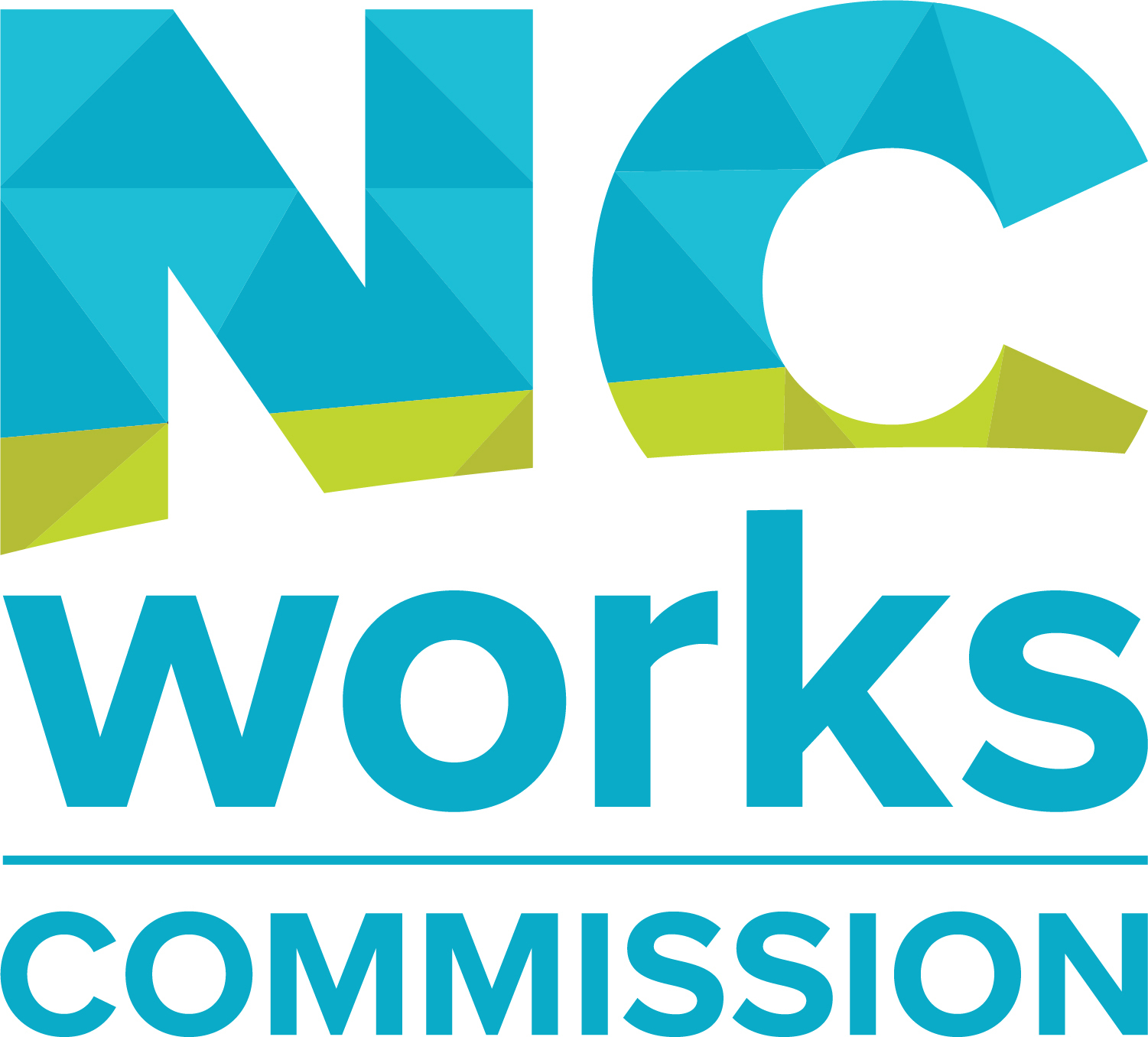
The NCWorks Commission recommends policies and strategies that enable the state’s workforce and businesses to compete in the global economy. The Commission is designated as the state’s Workforce Development Board under the federal Workforce Innovation and Opportunity Act. Led by a private sector chair, the 37-member Commission includes representatives from the business community, heads of state workforce agencies, educators, and community leaders. All members are appointed by the Governor. Mission: To ensure North Carolina has an innovative, relevant, effective, and efficient workforce development system that develops adaptable, work-ready, skilled talent to meet the current and future needs of workers and businesses to achieve and sustain economic prosperity; and to ensure North Carolinians are ready for the jobs of today and tomorrow by increasing access to education and skills training, fostering employer leadership to prepare workers, and supporting and scaling local innovation. For more information related to the work of the Commission, email NCWorksCommission@commerce.nc.gov.
NCcareers.org is your one stop site for accurate, reliable and detailed information on careers in North Carolina.
NCcareers.org was developed through a partnership of state-level experts in: public education, higher-ed (including the UNC System, Community College System, an NC’s private universities), workforce development (including services to assist the disabled), college financing, and labor market economics. All information is based on the most accurate data available, thorough research, and field-tested best practices. As a publicly-funded project, the only goal is to help individuals make informed career decisions.
Employment and wage data for North Carolina comes from the NC Department of Commerce’s Labor and Economic Analysis Division (LEAD) in partnership with the U.S. Bureau of Labor Statistics. Specific details about the occupation including What they typically do, Common Job Titles, Similar Occupations & Education and Training comes from O*Net Online sponsored by the U.S. Department of Labor, Employment and Training Administration. Details about the higher ed institutions comes from the UNC System, Community College System, Integrated Postsecondary Educational Data System (IPEDS), and the NC Common Follow-up System (CFS).
North Carolina Star Jobs is a simplified way to help you identify promising occupations statewide and in your region. Star ratings are assigned based on wages, projected growth rate, and projected job openings, and each occupation has a rating of between 1 and 5 stars. Occupations with 5 stars represent jobs that pay well, are growing, and are projected to have a good number of job openings. These are considered to have better career prospects than occupations with fewer stars. This methodology was derived by LEAD. A detailed methodology of Star Jobs as well as additional information are available on the NC Department of Commerce website.
LEAD prepares 10-year projections of occupations and industries biennially following a nationally-utilized process outlined by the U.S. Employment and Training Administration. The methodology takes account of long-term industry trends at the national, state, and local levels and changes in the makeup of occupations within industries. While factors such as changes in technologies, international trade, and production processes are applied, these projections are generally considered conservative in its forecasts and often do not try to anticipate sweeping new technology advancements – the widespread use of driverless cars or 3D printers. Projections are made at the state and regional levels (defined by commuting patterns). Counties and cities are typically considered too small to run projections since just one or two large employers can great affect an occupation’s outlook.
Of the 823 Occupations that are in existence in North Carolina and included in the site, 702 received a star rating. Occupations that are not rated did not have enough information available to make an informed decision. This lack of information could be due a number of factors including suppression of data or limited opportunities.
While both the Long and Short Versions provide good results, it is recommend users take the Long Version for the most reliable results. The longer, 60-question, version was created first and the shorter, 30-question, version was created based on feedback that the longer version did not work as well on mobile devices.
Yes, tools.nccareers.org is the home for many of the tools in their previous form that are now incorporated into the NCcareers.org.
The “Printables” are available here (or click on "Educator Resources" in the footer at the bottom of each page and then click on the "Printables & Tools" tab). These include the latest version of the Statewide and Regional Star Jobs Brochure as well as the latest version of the Mini Career Cluster guides.
You can find our contact information on the Contact Us page (also in the footer of the site at the bottom of every page).
